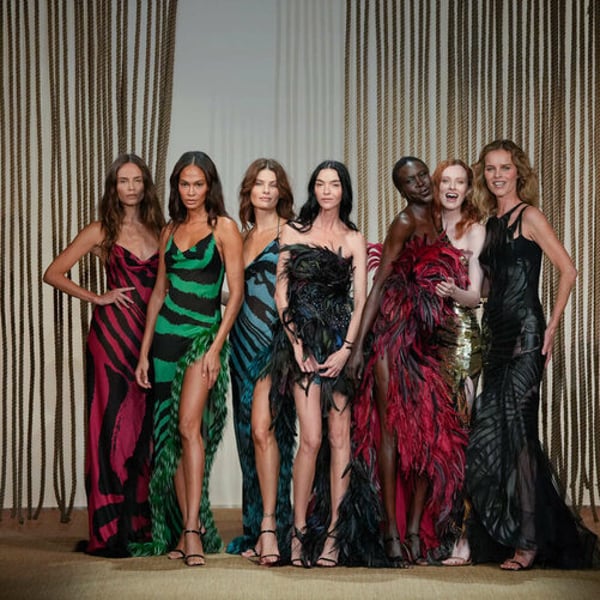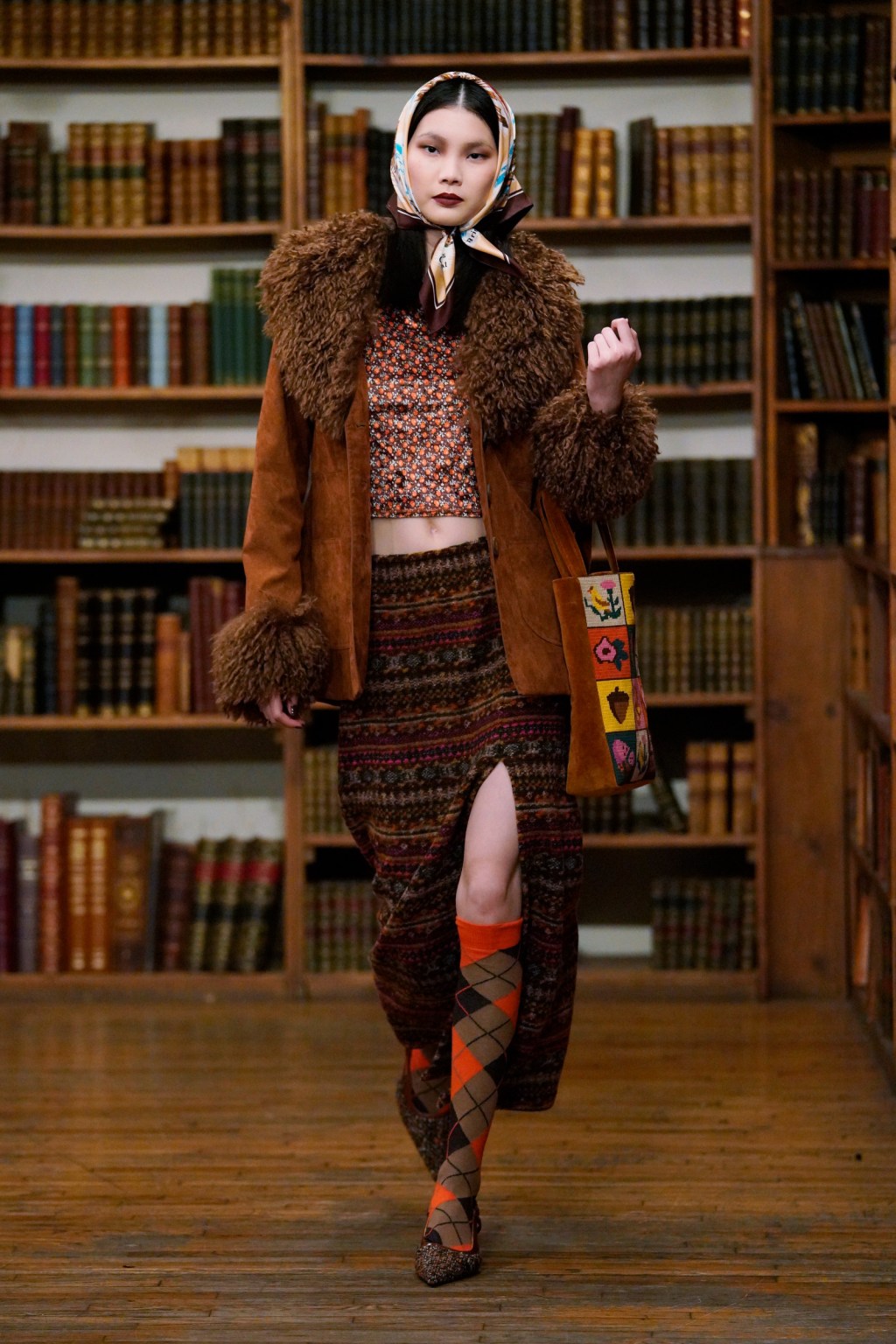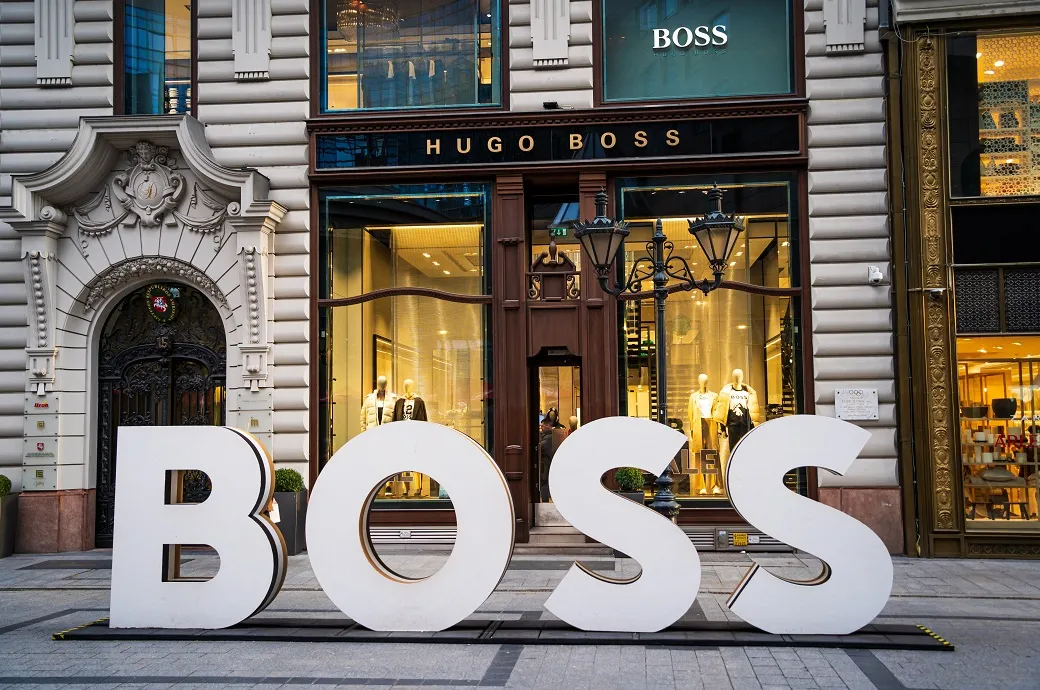Published
September 18, 2025
Mario Jorge Machado, president of the European Confederation of the Textile Industry, Eurratex, was in Paris on September 16 to participate in an exceptional meeting of European Federations, determined to face the Ultra Fast Fast Fashion players Shein and Temu. The battle adds to the consequences of the tariff war in the United States, which is pushing producers in Asia to redirect production to Europe, where manufacturers continue to invest in improving their processes. Therefore, there is an urgent need for political action, says the president of Euraatex to Fashionnetwork.com.
Fashionnetwork: The first half of the year was marked by great uncertainty about US tariffs. Do you expect Asian exports to Europe to increase as a result of Washington's measures?
Mario Jorge Machado: The acceleration of Asian imports is already affecting Europe. Between January and June, European imports from Asian countries increased by 20%–30%. At the same time, prices fell 15%–20%. This shows that Asian manufacturers are already downloading in Europe the garments that can no longer sell in the US. That is another form of unfair competition, since it is equivalent to the spill of products in Europe. And the anti -dumping process is very complicated, so expensive and so slow that SMEs cannot find the means to protect against this new form of unfair competition. We are trying to maintain an open market in Europe, but this allows competitors so unfair to float our rules and destroy our industry.
FNW: a European industry that invests in improving its production …
MJM: The situation is in fact very dangerous for an industry in which we have invested so much in decarbonization, innovation, sustainability, reduction of water consumption and the management of chemicals. We have done a lot of work and made great investments that, ultimately, should be reflected in our products.
And yet, we see that companies close and textile works that disappear in Europe. We have already seen that in the last eighteen months, about 100,000 textile jobs in Europe have been lost. This is unacceptable. In a sector that employs 1.3 million people, this means that almost 10% of European textile works have gone, and nothing has been done about it.
FNW: After his choice in 2024, he explained the urgent need to establish a textile market just in Europe. Has there been any development in this area since then?
MJM: Yes, Euraatex is working on this at several levels of Brussels, which involves not only the commission, but also the Council and Parliament. We have already organized a dinner in the European Parliament with Eurodiputados, to which we invite CEO from all over Europe so that they can explain what is happening in the sector. And equity is in fact a topic we return to frequently. We are also seeing barriers erected. We do not believe that this is the correct solution. We continue to believe in treaties, trade, free trade and fair trade. But we cannot play this game only: if everyone else plays their cards under the table and only Europeans put their own on the table, we will lose. We cannot be naive. We must defend our values and our industry.
FNW: Should we look beyond the textile industry in search of answers?
MJM: I say this very often: this is not just a problem for the textile industry. Textiles and clothing are still leading industries worldwide. And it is a sector where we are under an unfair attack. We have to defend ourselves against those who do not play fair. How can we do this? As only one industry, we cannot defend ourselves, because we are subject to the rule of law. It is the rule of law that the industry must protect in Europe. We must comply. And that is the correct way to proceed. We must comply with social and environmental standards, and all applicable taxes in Europe. And that is normal. This is how things are supposed to be. But then, as Europeans, we cannot allow those who do not comply with all these rules come here and sell their products.
FNW: So it is transparency that should differentiate textile players?
MJM: We advocate transparency. The brands sold in Europe must be transparent about how they produce, both socially and environmentally. And if they do not produce properly, or if, at least, they do it abusive, they should not be rewarded for having low costs: their production costs can be low, but the environment pays the price.
However, European companies that pass the cost of improving production to the product are squeezed from the market for brands that do not meet the same requirements, while their customers have no idea what is behind the products they buy.
FNW: So there is still a job to do with European consumers?
MJM: clothing buyers suppose that if they buy a product and Europe it allows it to be marketed, is safe and regulated. As Europeans, we tend to believe that we are protected when we buy something. We believe that the product is controlled and that we can buy it safely. But that is not true.
Faced with very low products from outside Europe, the European Commission and European politicians are endangering the lives of European consumers by not taking appropriate security measures. At the same time, they are rewarding companies that offer cheaper products because real costs do not pass at the price of the product. These companies are rewarded with access to European consumers. In the end, the textile companies that do the right thing are those that disappear from the market. This is totally unacceptable. Therefore, we need political leaders action.
This article is an automatic translation. Click here to read the original article.
Copyright © 2025 Fashionnetwork.com All rights reserved.












